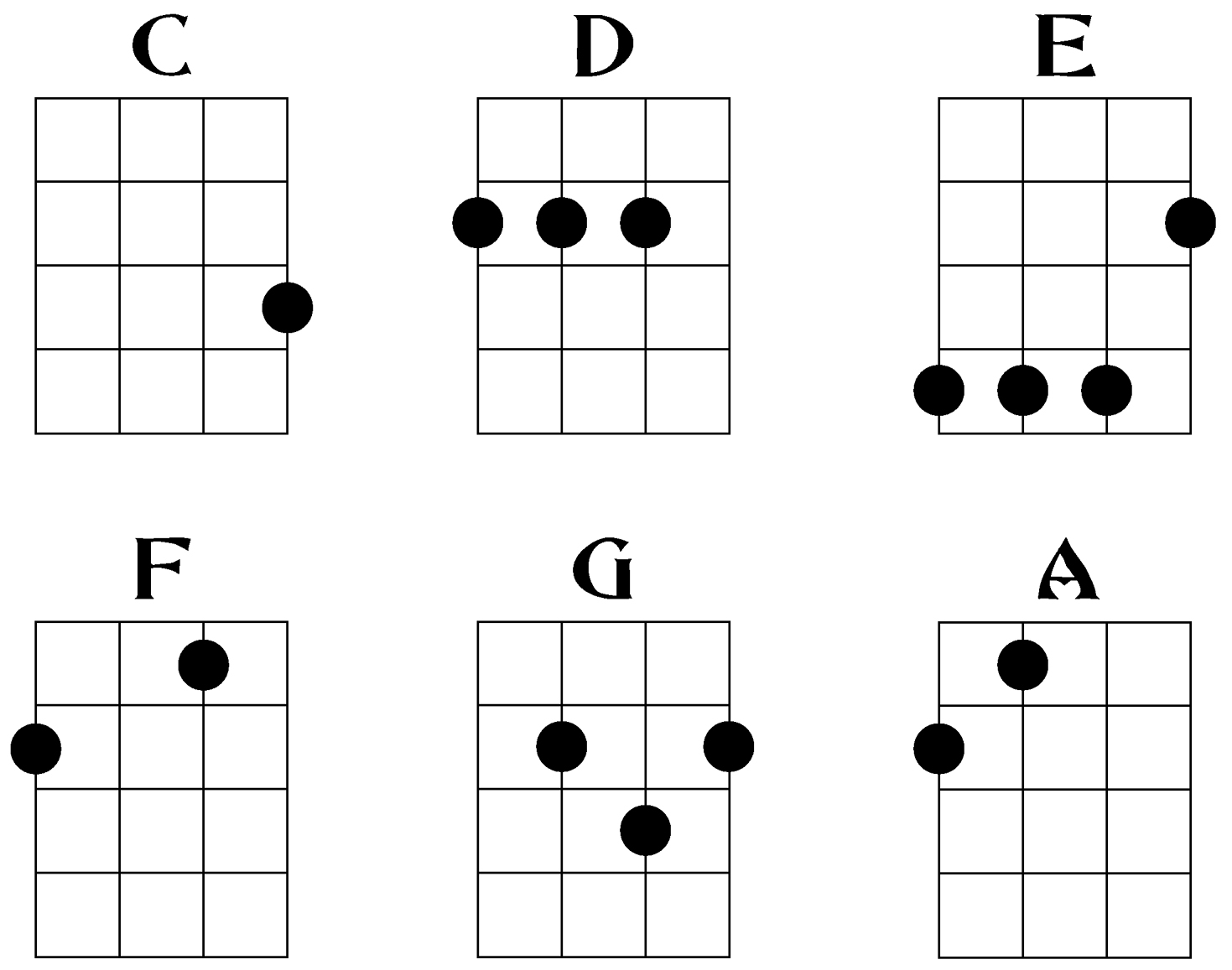Ukulele Size Guide Part 1 - Soprano Ukulele
Ukulele Size Guide Part 1 - Soprano Ukulele
Blog Article

Before we delve to deeply into our ukulele chords let's take a look at the tuning of your ukulele. The resulting names of the chords we play depends on how we tune the ukulele.
Take the time to tune up properly. Because it's short, it can be quite hard to get the Ukulele for sale in uk in tune. But it has to be done. If your ukulele is out of tune, you WILL sound terrible. There are plenty of tools online to help you to do this. My particular favourite is the AP Tuner.
That's because the chords you're playing are in one key and the song was recorded/written in another. Why? Because oftentimes, the chords you find in fake books, song sheets and online sites are transposed into a key that's easy for beginners, like the key of C. The chord progression is the same but the key is different. That's why it sounds fine when you're singing and playing the song by yourself but not fine when you play along with the recorded version.
At this stage, knowing some chord theory is useful. Learning the harmonized major scale will mean you can quickly assess whether a chord is likely to be major, minor, seventh etc.
It is of course preferable to use a tuner or piano or tuning fork in Ukulele tuning but it is not necessary to tune exactly to the concert pitch if you don't play with others.
Fsus2 is a very jazzy sounding chord, so you have to be quite careful how you use it. It is played by putting Ukulele for sale your index finger on the first fret of the E string. The best way to use Ukulele for sale it is to switch between F and Fsus2 whilst playing. This is a trick that Zack Condon of Beirut often uses.
This gives the tenor ukulele more the feel of a guitar (the tuning of a low-G tenor ukulele is the same as the top four strings of a guitar capoed at the fifth fret). It gives the ukulele more options for playing bass notes: which can be very helpful when you are playing solo and need to provide your own bass line accompaniment.
In the stillness you may discover a new self. Humans have similar responses to grief, yet your grief is unique. The melody of your life is unique as well. You may have trouble hearing that melody right now, but it is there, deep inside you, and waiting to come out. Hear that melody. Add to it. Share it and play with all your being. Report this page